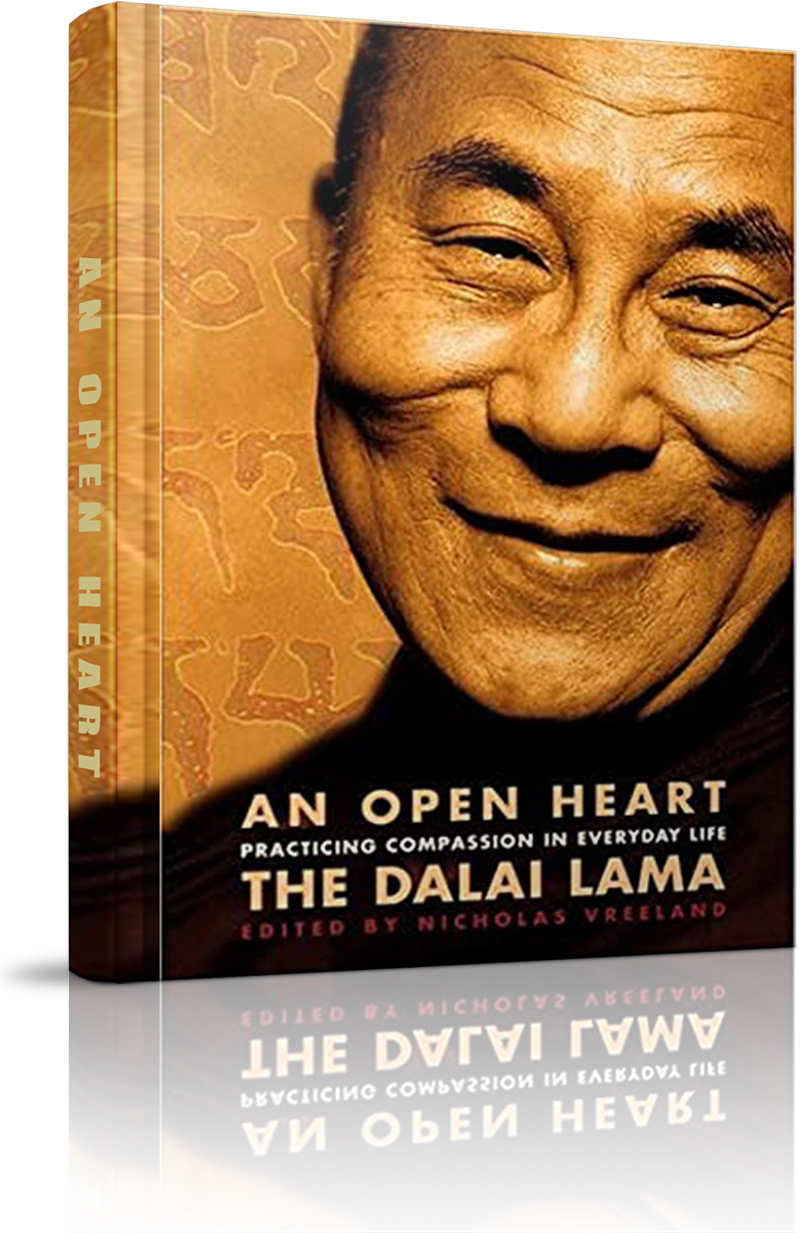Nếu muốn tỏa sáng trong tương lai, bạn phải lấp lánh từ hôm nay.Sưu tầm
Kẻ thù hại kẻ thù, oan gia hại oan gia, không bằng tâm hướng tà, gây ác cho tự thân.Kinh Pháp Cú (Kệ số 42)
Ví như người mù sờ voi, tuy họ mô tả đúng thật như chỗ sờ biết, nhưng ta thật không thể nhờ đó mà biết rõ hình thể con voi.Kinh Đại Bát Niết-bàn
Hầu hết mọi người đều cho rằng sự thông minh tạo nên một nhà khoa học lớn. Nhưng họ đã lầm, chính nhân cách mới làm nên điều đó. (Most people say that it is the intellect which makes a great scientist. They are wrong: it is character.)Albert Einstein
Thành công là khi bạn đứng dậy nhiều hơn số lần vấp ngã. (Success is falling nine times and getting up ten.)Jon Bon Jovi
Mục đích của cuộc sống là sống có mục đích.Sưu tầm
Đừng cư xử với người khác tương ứng với sự xấu xa của họ, mà hãy cư xử tương ứng với sự tốt đẹp của bạn. (Don't treat people as bad as they are, treat them as good as you are.)Khuyết danh
Chưa từng có ai trở nên nghèo khó vì cho đi những gì mình có. (No-one has ever become poor by giving.)Anne Frank
Kẻ làm điều ác là tự chuốc lấy việc dữ cho mình.Kinh Bốn mươi hai chương
Hào phóng đúng nghĩa với tương lai chính là cống hiến tất cả cho hiện tại. (Real generosity toward the future lies in giving all to the present.)Albert Camus
Chỉ có một hạnh phúc duy nhất trong cuộc đời này là yêu thương và được yêu thương. (There is only one happiness in this life, to love and be loved.)George Sand
Trang chủ »» Danh mục »» SÁCH ANH NGỮ HOẶC SONG NGỮ ANH-VIỆT »» An Open Heart »» Chapter 12: The nine stages of calm abiding meditation »»
An Open Heart
»» Chapter 12: The nine stages of calm abiding meditation
 Xem Mục lục
Xem Mục lục  Vietnamese || Đối chiếu song ngữ
Vietnamese || Đối chiếu song ngữ
- none
- Introduction
- Chapter One: The desire for happiness
- Chapter Two: Meditation - A beginning
- Chapter 3: The material and immaterial world
- Chapter 4: Karma
- Chapter 5: The afflictions
- Chapter 6: The vast and the profound: Two aspects of the Path
- Chapter 7: Compassion
- Chapter 8: Meditating on compassion
- Chapter 9: Cultivating equanimity
- Chapter 10: Bodhicitta
- Chapter 11: Calm abiding
- »» Chapter 12: The nine stages of calm abiding meditation
- Chapter 13: Wisdom
- Chapter 14: Buddhahood
- Chapter 15: Generating Bodhicitta
- Afterword (Khyongla Rato and Richard Gere)
- none

THE FIRST STAGE
The first stage involves placing the mind on its object of concentration. This stage is called placement. At this stage you have difficulty remaining concentrated for more than a brief moment and feel that your mental distractions have increased. You often drift away from the object, sometimes forgetting it completely. You spend more time on other thoughts and have to devote great effort to bringing your mind back to the object.
THE SECOND STAGE
When you are able to increase the length of time that you remain focused on your chosen object to a few minutes, you have attained the second stage. This stage is called continual placement. Your periods of distraction are still greater than your periods of concentration, but you do experience fleeting moments of focused mental stillness.
THE THIRD STAGE
Eventually you become able to immediately catch your mind as it becomes distracted and reestablish its focus. This is the third stage of practice, re-placement.
THE FOURTH STAGE
By the fourth stage, called close placement, you have developed mindfulness to the extent that you do not lose focus of your object of concentration. However, this is when you become vulnerable to intervals of intense laxity and excitement. The main antidote is the awareness that you are experiencing them. As you are able to apply antidotes to the more obvious manifestations of laxity and excitement, there is the danger of subtler forms of laxity arising.
THE FIFTH STAGE
The fifth stage is disciplining. In this stage introspection is used to identify subtle laxity and to apply its antidote. Again, the antidote is your awareness of this subtle laxity.
THE SIXTH STAGE
By the sixth stage, pacification, subtle laxity no longer arises. Emphasis is thus placed on applying the antidote to subtle excitement. Your introspection must be more powerful, as the obstacle is more subtle.
THE SEVENTH STAGE
When, through continual and concerted effort, you have managed to keep subtle forms of laxity and excitement from arising, your mind does not need to be overly vigilant. The seventh stage, thorough pacification, has been attained.
THE EIGHTH STAGE
When, with some initial exertion, you can place your mind on its object and are able to remain focused without the slightest experience of laxity or excitement, you have attained the eighth stage. We call this single-pointed.
THE NINTH STAGE
The ninth stage, balanced placement, is attained when your mind remains placed on its object effortlessly, for as long as you wish. True calm abiding is achieved after attaining the ninth stage, by continuing to meditate with single-pointed concentration until you experience a blissful pliancy of body and mind.
***
It is important to maintain a skillful balance in your daily practice between the application of single-pointed concentration and analysis. If you focus too much on perfecting your single-pointed concentration, your analytic ability may be undermined. On the other hand, if you are too concerned with analyzing, you may undermine your ability to cultivate steadiness, to remain focused for a prolonged period of time. You must work at finding an equilibrium between the application of calm abiding and analysis.
MUA THỈNH KINH SÁCH PHẬT HỌC
DO NXB LIÊN PHẬT HỘI PHÁT HÀNH
Mua sách qua Amazon sẽ được gửi đến tận nhà - trên toàn nước Mỹ, Canada, Âu châu và Úc châu.
Quý vị đang truy cập từ IP 216.73.216.157 và chưa ghi danh hoặc đăng nhập trên máy tính này. Nếu là thành viên, quý vị chỉ cần đăng nhập một lần duy nhất trên thiết bị truy cập, bằng email và mật khẩu đã chọn.
Chúng tôi khuyến khích việc ghi danh thành viên ,để thuận tiện trong việc chia sẻ thông tin, chia sẻ kinh nghiệm sống giữa các thành viên, đồng thời quý vị cũng sẽ nhận được sự hỗ trợ kỹ thuật từ Ban Quản Trị trong quá trình sử dụng website này.
Việc ghi danh là hoàn toàn miễn phí và tự nguyện.
Ghi danh hoặc đăng nhập
... ...


 Trang chủ
Trang chủ










